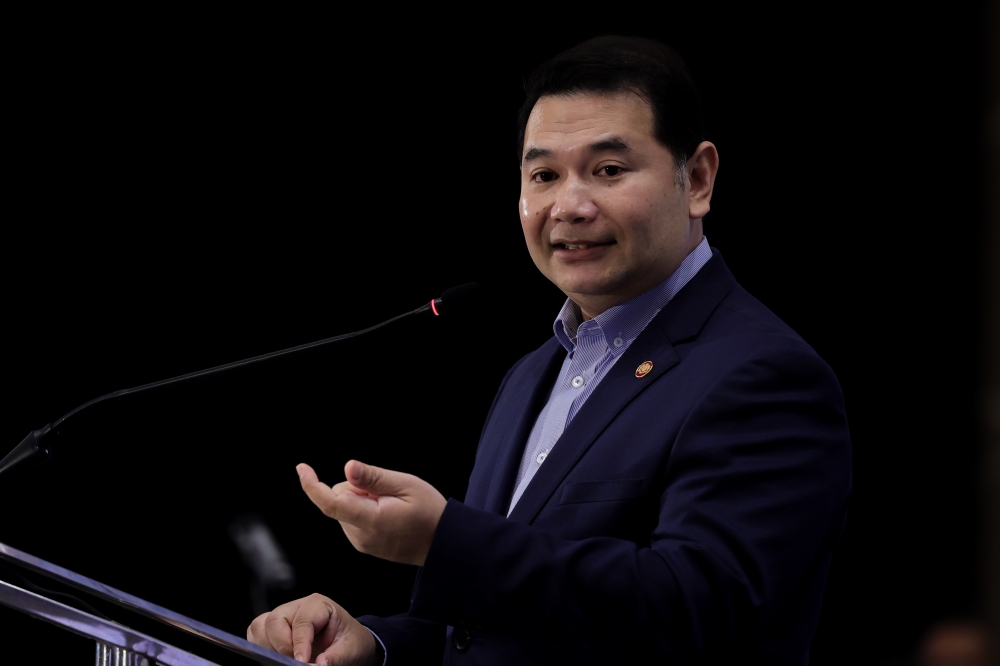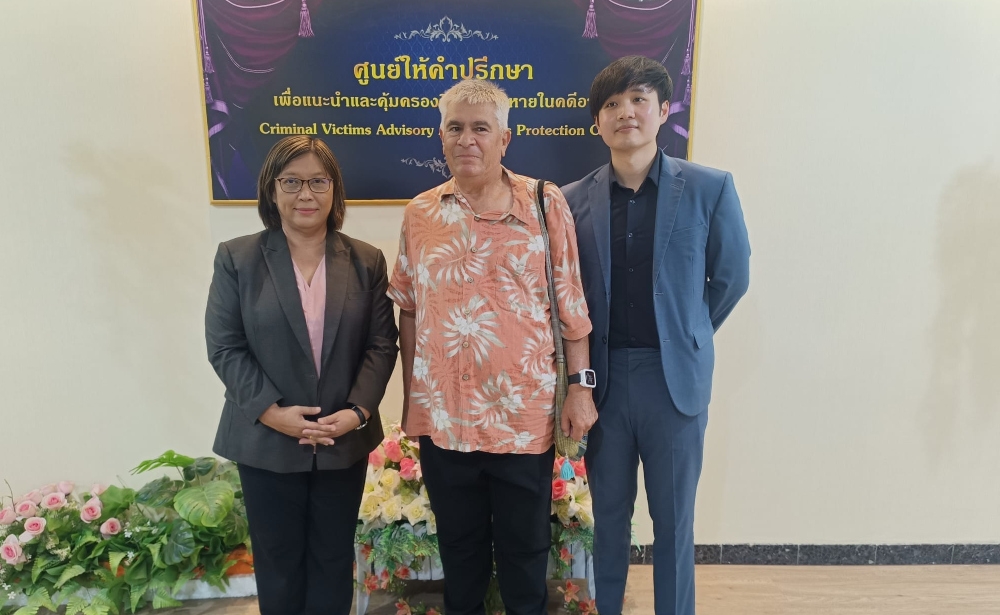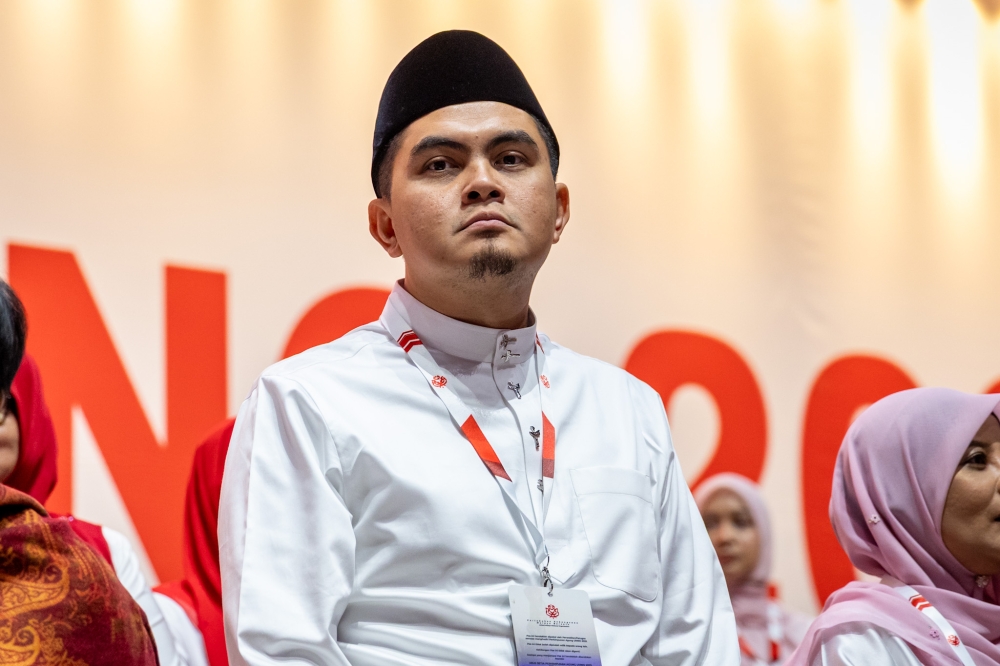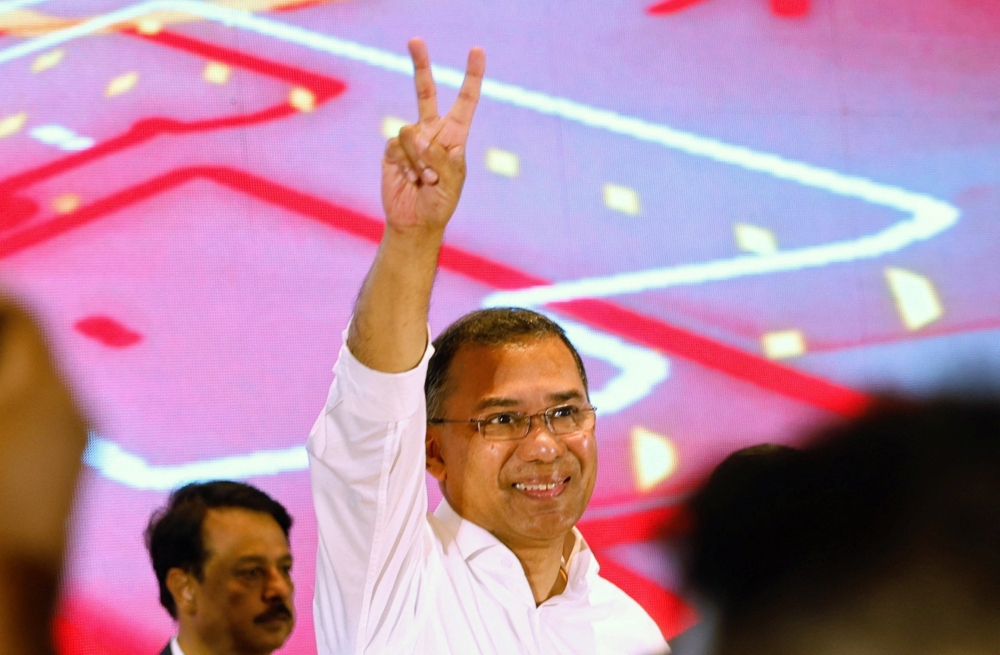APRIL 27 — Data privacy, the cornerstone of personal privacy should judiciously be safeguarded. However, in the light of breaking new ground in discovering novel approaches in combating global pandemics deserves greater accessibility.
Patient stigmatisation due to illnesses should be stringently prevented through ethical data protection. Policies encouraging innovative solutions in dire circumstances would grossly benefit from greater data transparency.
Key in safeguarding global health lies in anonymous data surveillance especially in rapidly progressing illnesses such as influenza, zika and dengue. To avoid repeated failings a different mind-set is required in relation to personal data protection and its ethical sharing.
Obtaining precise information is critical to adopt the correct strategy. This is especially so when gaining perspective on an event that is completely new to us. “Big Mindset” changes occur with the availability of “Big Data” in healthcare.
Novel pandemics require novel approaches in which, active intervention is required. The challenge being to adopt active intervention (Predict to Mitigate) as opposed to the conventional (React to Contain an Outbreak) where we should no longer be fatigued and weighed down by the latter.
There is a saying “Men die of the diseases which they have studied most, and if that still happens after a billion year...are the viruses winning the battle?” We are to blame when new knowledge fails to change our ways.
Today, we have seen how global leaders around the world are scrambling their fighter jets to win the war against Covid-19, if only most healthcare data weren’t siloed today, swifter data driven decisions could have been achieved.
AI is on the brink of revolutionising healthcare. We see how AI is making drug discovery process more than 100 times faster, mobile health technologies are putting a virtual doctor on-demand in your pocket and sequencing genome are happening at staggering speed.
The similar investments in technology is needed to bring forward a comprehensive AI driven National Public Health Surveillance system in every country. A new world equipped with advance machine learning algorithms to forecast and tell us when and where could the next outbreak possibly happen.
A well-designed digitisation framework is the spine to an excellent population health management and disease surveillance network in a given country. The fundamentals should be right.
Firstly, countries should focus in “investing in infrastructure.”
Secondly “stepping up person-centric interoperable digitisation network by complying to global standards to integrate primary and tertiary care,” as health providers will need to speak the same language in order to better manage their patient’s health. Multiple siloed systems not complying to global interoperable standards creates siloed data.
Thirdly, “meaningful use of data.” Make good use of data by understanding the concept of data governance, privacy and sharing.
Finally, the favourite buzz word-AI. AI can only happen when all the fundamental principles are in place (infra-digitisation-data). The time to put the pieces of puzzle together with a proper AI driven National Public Health Surveillance Driven Analytics to curb the next pandemic must happen now.
Going back to data before AI. I believe we should address these challenges immediately and put things back into perspective. Invest in infrastructure, scale up iInteroperable digitisation plan and make good use of “meaningful data” for public health medicine and clinical medicine.
We must revisit the whole idea on how to “de-silo” health data via synthetic and semantic standards, and start embracing the culture of stringent data sharing culture to enhance multisectoral collaboration globally.
Data governance, ethical and cybersecurity issues. The complexity of data governance requirements should not be a reason for inaction to implement revolutionary digital tech in the global healthcare environment.
I quote “In only one century, we humans have doubled our own lifespan. Not by accident or with fancy hospital equipment. The tools were impossibly simple: Toilets. garbage pickup. Hand-washing. Workplace safety. Chlorine in drinking water. Condoms. Seat belts.
If public health achieved 25 years of life extension with old ways, imagine what is the wired generation is capable of?”
The most successful of species are not the strongest, rather those which learns to adapt best (Darwin). We ought to strategise in this digital age of the fourth industrial revolution by
adopting appropriate approaches beating the virus at its game by being adaptive, willing to transform our ways and by being pre-emptive.
The solutions lie in greater data sharing, data transparency and the timelines of that information without compromising patient confidentiality.
* Dr Dhesi Baha Raja is a public health medicine specialist and healthtech advisor to the former Health Minister of Malaysia.
** This is the personal opinion of the writer or publication and does not necessarily represent the views of Malay Mail.





















